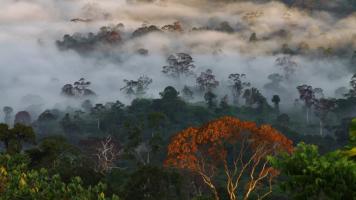
Article
13 November 2024
13 November 2024
Kuamut Rainforest—Malaysia’s First Certified Nature-Based Carbon Project
The annual emission reduction from the Kuamut Rainforest Conservation Project is estimated at more than 800,000 tonnes of carbon dioxide equivalent.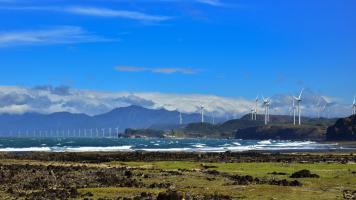
Article
6 November 2024
6 November 2024
Setting Up a Renewable Energy Certificate Market in ASEAN: Challenges and Opportunities
Initial findings from a BIMP-EAGA study provide insights into creating a credible and sustainable regional REC system.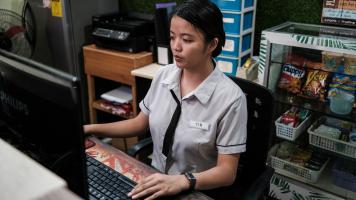
Article
19 September 2024
19 September 2024
ASEAN AI Guidelines Seek to Encourage Responsible Use and Deployment
The guidelines will ensure decisions made by AI are aligned with national and corporate values, as well as broader ethical and social norms.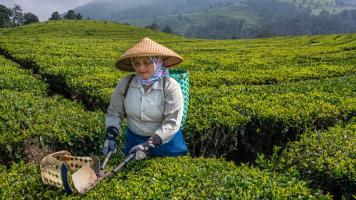
Article
8 August 2024
8 August 2024
5 Ways Earth Observation Solutions Are Helping the Planet
From managing crops and water resources to flood risk and geohazard mapping, earth observation solutions have helped countries address development challenges.
Article
11 April 2024
11 April 2024
Well-Managed Alternative Accommodations Contribute to Southeast Asia’s Tourism Recovery
Closing loopholes in the regulation of alternative accommodations would benefit the travelers, the state, and property owners.
Article
2 April 2024
2 April 2024
ASEAN Charts a Sustainable Path for Tourism
Tourism ministers in Southeast Asia have endorsed a holistic and long-term strategic plan to guide the sustainable development of the tourism industry.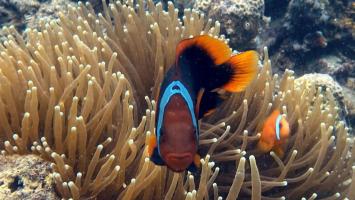
Article
27 March 2024
27 March 2024
How an Innovative Insurance Product Can Protect Coral Reefs
With parametric insurance, payouts can be made immediately after a typhoon, making it an effective tool to fund rapid restoration of coral reefs.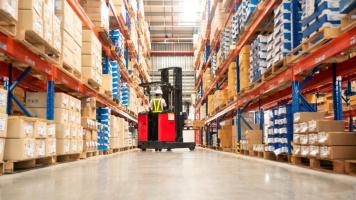
Article
5 March 2024
5 March 2024
Investors Favor Southeast Asia as Economic Landscape Changes
Foreign direct investment flows to the region hit a record $224 billion in 2022.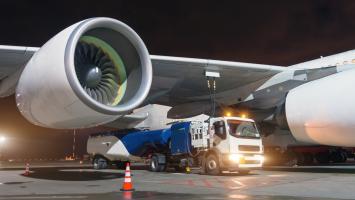
Article
21 February 2024
21 February 2024
Southeast Asia Poised to Become a Key Supplier of Sustainable Aviation Fuel
Rich in feedstock, the region can become an important source of biofuel, which is currently in short supply.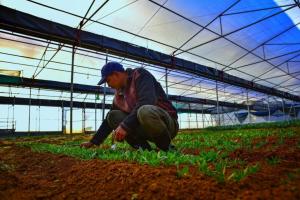
News
8 February 2024
8 February 2024
